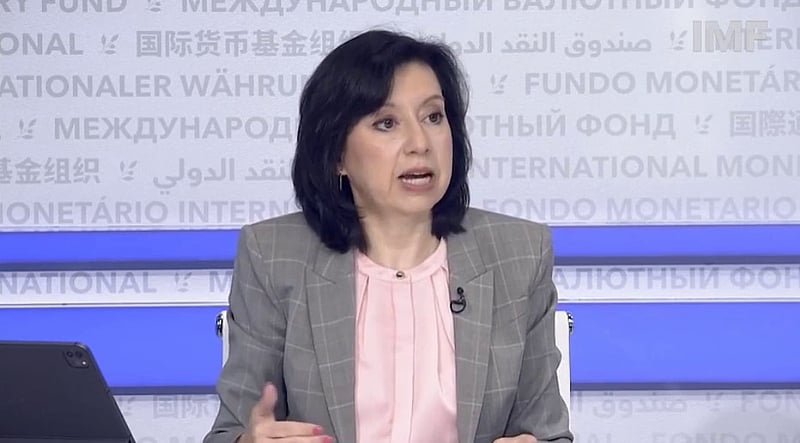The International Monetary Fund (IMF) has thrown its weight behind Ghana’s new Energy Sector Shortfall and Debt Repayment Levy, calling it a strategically important tool in addressing structural challenges in the country’s power sector.
The levy, set at GH¢1 per litre on petroleum products, is designed to plug long-standing financial gaps and pay down mounting energy sector debt. It also forms part of broader fiscal reforms outlined under Ghana’s ongoing Extended Credit Facility (ECF) programme with the IMF.
At a press briefing, Julie Kozack, Director of the IMF’s Communications Department, described the levy as both timely and necessary.
“On the fuel levy, what I can say is that this is a new measure that will help generate additional resources to tackle the challenges in Ghana’s energy sector, and it is also going to bolster Ghana’s ability to deliver on the fiscal objectives under the programme,” she said.
Despite the IMF’s endorsement, the levy has sparked sharp criticism from the Minority in Parliament, who argue it unfairly burdens already struggling consumers and risks deepening public resentment over the cost of living.
The government, however, maintains that the impact will be minimal, noting that pump prices remain lower than during previous inflationary peaks. Officials insist the levy is a targeted intervention to stabilize a critical sector without derailing consumer purchasing power.
Originally scheduled to take effect on June 9, the levy’s implementation has been postponed to June 16, 2025, following discussions between the government and the Chamber of Oil Marketing Companies.
As the new date approaches, key industry groups—including the Chamber of Petroleum Consumers—are calling for greater transparency and stronger public engagement. Many are urging the government to use the extra time to clarify how the funds will be managed and to ensure accountability in the levy’s application.


